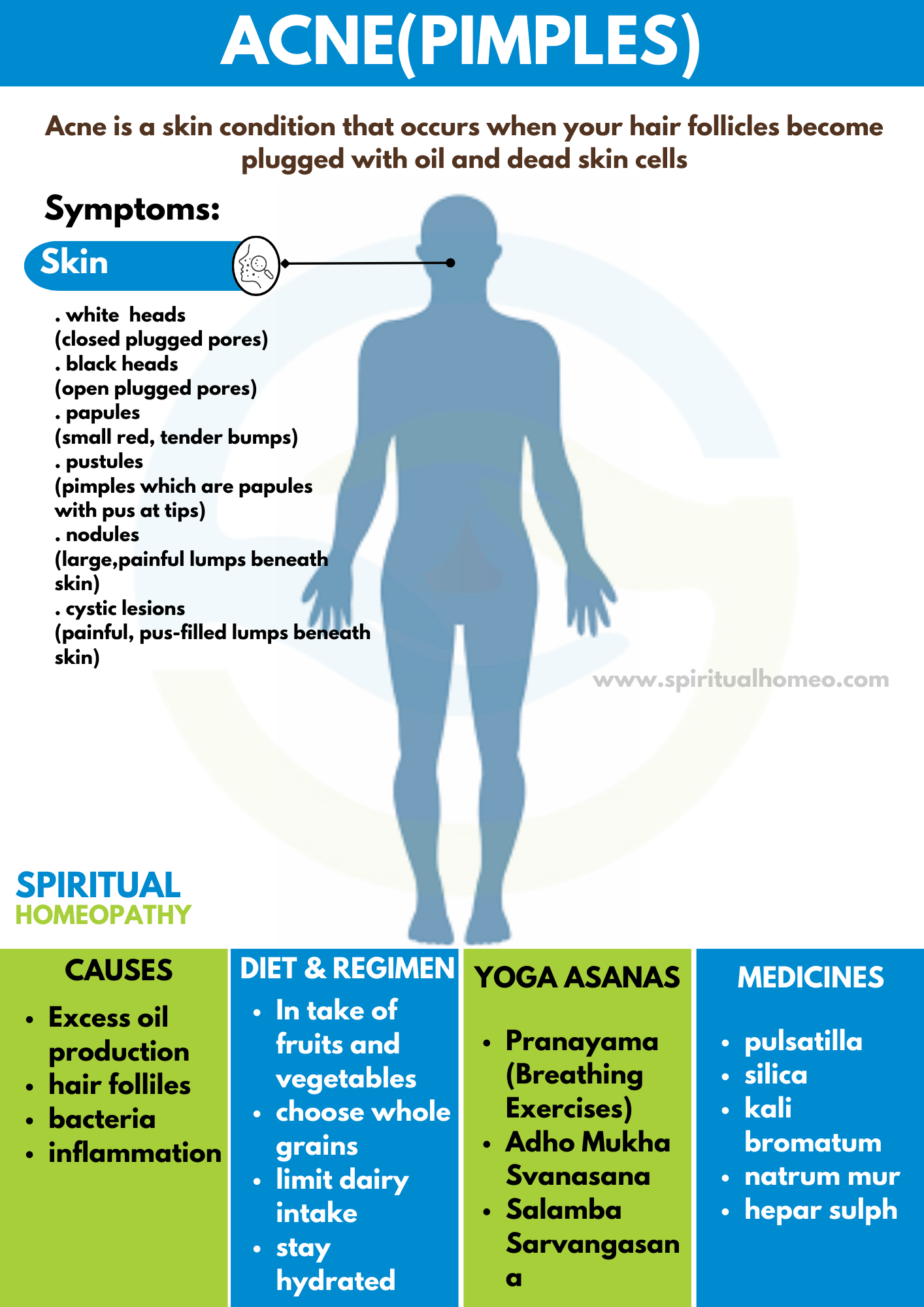Optimizing Healthcare Operations with Integrated Hospital Management Solutions:
In the evolving landscape of healthcare, efficient management of hospital operations is paramount. Integrated Hospital Management Systems (HMS) have emerged as pivotal tools, streamlining administrative and clinical processes to enhance service delivery and patient satisfaction.
Comprehensive Patient and Appointment Management:
Modern HMS platforms centralize patient information, encompassing demographics, medical history, and visit details. This centralized approach facilitates seamless access to patient data, enabling healthcare professionals to deliver personalized care. Additionally, integrated appointment scheduling modules optimize resource allocation, reduce waiting times, and enhance patient experience through features like online booking and automated reminders.
Streamlined Billing and Revenue Cycle Management:
Advanced HMS solutions automate billing processes, ensuring accurate invoicing and efficient insurance claims processing. By integrating billing with patient records, these systems provide comprehensive financial oversight, reduce errors, and accelerate reimbursement cycles, contributing to improved financial health of healthcare institutions.
Efficient Laboratory and Supply Chain Management:
Laboratory modules within HMS handle test orders, sample tracking, and result reporting, automating workflows to minimize errors and enhance diagnostic efficiency. Similarly, integrated supply chain management features oversee procurement, inventory, and distribution of medical supplies, ensuring optimal resource utilization and preventing stockouts.
Enhanced Surgical and Operational Efficiency:
HMS platforms include operation theatre management modules that coordinate surgery scheduling, resource allocation, and staff coordination. Real-time updates on surgery progress and equipment availability enhance communication among surgical teams, improving surgical efficiency and patient safety.
Data Security and Compliance:
Robust HMS solutions implement encryption protocols, access controls, and regular audits to ensure data security and compliance with healthcare regulations. These measures protect patient information, fostering trust and maintaining the integrity of healthcare data.
Integration with Emerging Technologies:
Modern HMS platforms support integration with Internet of Things (IoT) devices, enabling real-time monitoring and data collection from wearable health trackers and intelligent medical equipment. This integration enhances data accuracy and supports proactive patient care.
Conclusion:
Integrated Hospital Management Systems are transforming healthcare operations by automating processes, enhancing communication, and improving patient care. By adopting such systems, healthcare institutions can achieve operational efficiency, financial stability, and high-quality patient outcomes.
Source: https://emmaswift211.outgrow.us/emmaswift211-3
In the evolving landscape of healthcare, efficient management of hospital operations is paramount. Integrated Hospital Management Systems (HMS) have emerged as pivotal tools, streamlining administrative and clinical processes to enhance service delivery and patient satisfaction.
Comprehensive Patient and Appointment Management:
Modern HMS platforms centralize patient information, encompassing demographics, medical history, and visit details. This centralized approach facilitates seamless access to patient data, enabling healthcare professionals to deliver personalized care. Additionally, integrated appointment scheduling modules optimize resource allocation, reduce waiting times, and enhance patient experience through features like online booking and automated reminders.
Streamlined Billing and Revenue Cycle Management:
Advanced HMS solutions automate billing processes, ensuring accurate invoicing and efficient insurance claims processing. By integrating billing with patient records, these systems provide comprehensive financial oversight, reduce errors, and accelerate reimbursement cycles, contributing to improved financial health of healthcare institutions.
Efficient Laboratory and Supply Chain Management:
Laboratory modules within HMS handle test orders, sample tracking, and result reporting, automating workflows to minimize errors and enhance diagnostic efficiency. Similarly, integrated supply chain management features oversee procurement, inventory, and distribution of medical supplies, ensuring optimal resource utilization and preventing stockouts.
Enhanced Surgical and Operational Efficiency:
HMS platforms include operation theatre management modules that coordinate surgery scheduling, resource allocation, and staff coordination. Real-time updates on surgery progress and equipment availability enhance communication among surgical teams, improving surgical efficiency and patient safety.
Data Security and Compliance:
Robust HMS solutions implement encryption protocols, access controls, and regular audits to ensure data security and compliance with healthcare regulations. These measures protect patient information, fostering trust and maintaining the integrity of healthcare data.
Integration with Emerging Technologies:
Modern HMS platforms support integration with Internet of Things (IoT) devices, enabling real-time monitoring and data collection from wearable health trackers and intelligent medical equipment. This integration enhances data accuracy and supports proactive patient care.
Conclusion:
Integrated Hospital Management Systems are transforming healthcare operations by automating processes, enhancing communication, and improving patient care. By adopting such systems, healthcare institutions can achieve operational efficiency, financial stability, and high-quality patient outcomes.
Source: https://emmaswift211.outgrow.us/emmaswift211-3
Optimizing Healthcare Operations with Integrated Hospital Management Solutions:
In the evolving landscape of healthcare, efficient management of hospital operations is paramount. Integrated Hospital Management Systems (HMS) have emerged as pivotal tools, streamlining administrative and clinical processes to enhance service delivery and patient satisfaction.
Comprehensive Patient and Appointment Management:
Modern HMS platforms centralize patient information, encompassing demographics, medical history, and visit details. This centralized approach facilitates seamless access to patient data, enabling healthcare professionals to deliver personalized care. Additionally, integrated appointment scheduling modules optimize resource allocation, reduce waiting times, and enhance patient experience through features like online booking and automated reminders.
Streamlined Billing and Revenue Cycle Management:
Advanced HMS solutions automate billing processes, ensuring accurate invoicing and efficient insurance claims processing. By integrating billing with patient records, these systems provide comprehensive financial oversight, reduce errors, and accelerate reimbursement cycles, contributing to improved financial health of healthcare institutions.
Efficient Laboratory and Supply Chain Management:
Laboratory modules within HMS handle test orders, sample tracking, and result reporting, automating workflows to minimize errors and enhance diagnostic efficiency. Similarly, integrated supply chain management features oversee procurement, inventory, and distribution of medical supplies, ensuring optimal resource utilization and preventing stockouts.
Enhanced Surgical and Operational Efficiency:
HMS platforms include operation theatre management modules that coordinate surgery scheduling, resource allocation, and staff coordination. Real-time updates on surgery progress and equipment availability enhance communication among surgical teams, improving surgical efficiency and patient safety.
Data Security and Compliance:
Robust HMS solutions implement encryption protocols, access controls, and regular audits to ensure data security and compliance with healthcare regulations. These measures protect patient information, fostering trust and maintaining the integrity of healthcare data.
Integration with Emerging Technologies:
Modern HMS platforms support integration with Internet of Things (IoT) devices, enabling real-time monitoring and data collection from wearable health trackers and intelligent medical equipment. This integration enhances data accuracy and supports proactive patient care.
Conclusion:
Integrated Hospital Management Systems are transforming healthcare operations by automating processes, enhancing communication, and improving patient care. By adopting such systems, healthcare institutions can achieve operational efficiency, financial stability, and high-quality patient outcomes.
Source: https://emmaswift211.outgrow.us/emmaswift211-3
0 Yorumlar
0 hisse senetleri
28 Views
0 önizleme










